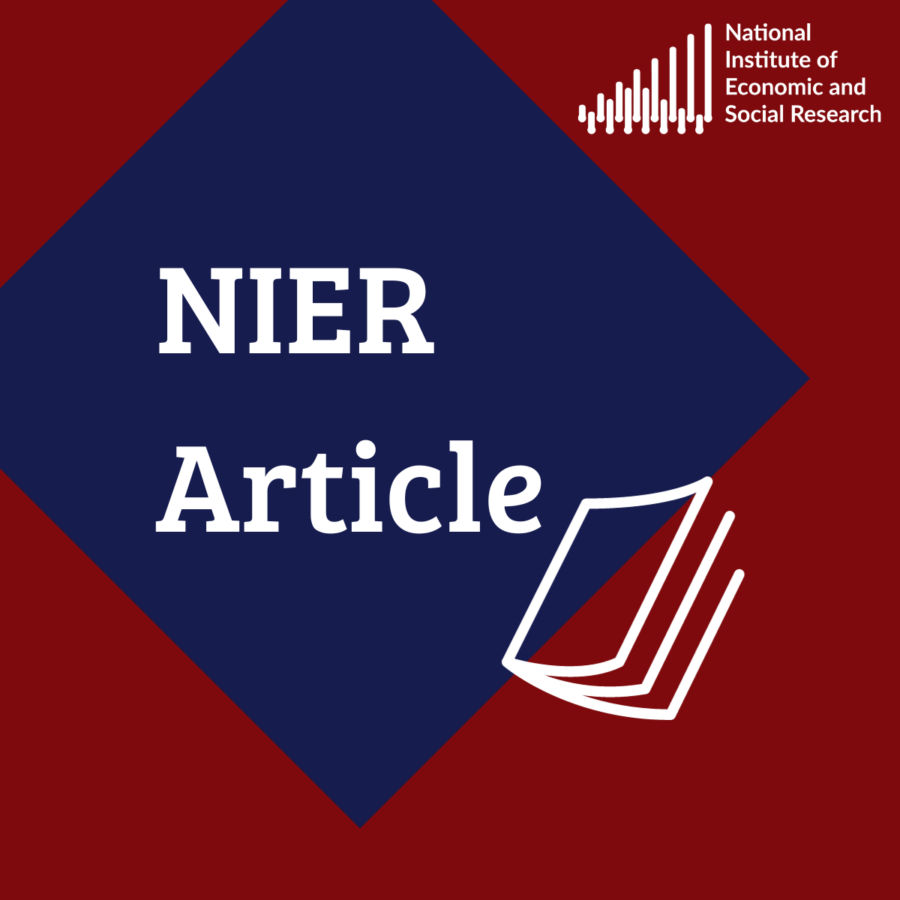Paying for university: the impact of increasing costs on student employment, debt and satisfaction
 Pub. Date
Pub. Date
 Pub. Type
Pub. Type

The costs of higher education in the UK have shifted increasingly from the state to the student (and students' families). In 1998, a fee contribution of £1,000 per annum was introduced for new entrants to full-time degree courses. This paper examines its effect on debt, term-time employment and student satisfaction. The analysis uses data from a survey of two cohorts of students and identifies how the impact varied with student and course characteristics. Fees led to an increase in student debt (particularly for disabled students and for students who did not receive financial support from their families) and a decline in student satisfaction. No general impact on term-time employment was identified, but term-time employment increased for students who did not receive financial support from their families. Whilst for these two groups inequality was increased, fees appeared to lead to greater equality, in terms of term-time employment, between children of graduate and non-graduate parents. The paper discusses the implications for the introduction of top-up fees in 2006.
A subscription may be required to access this article














